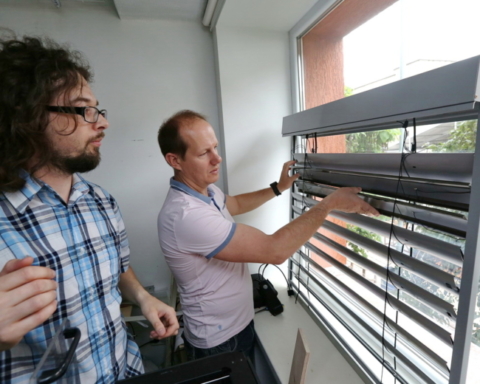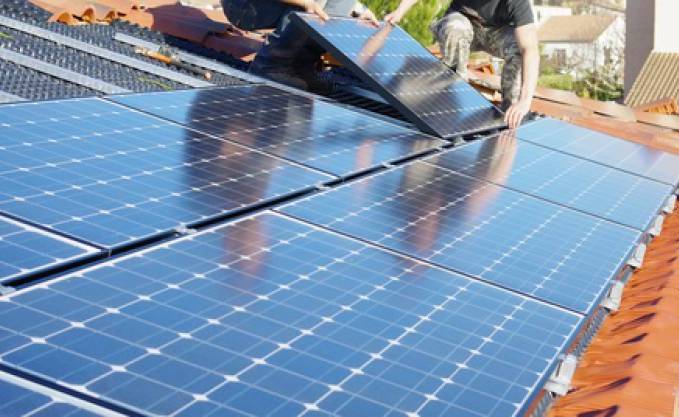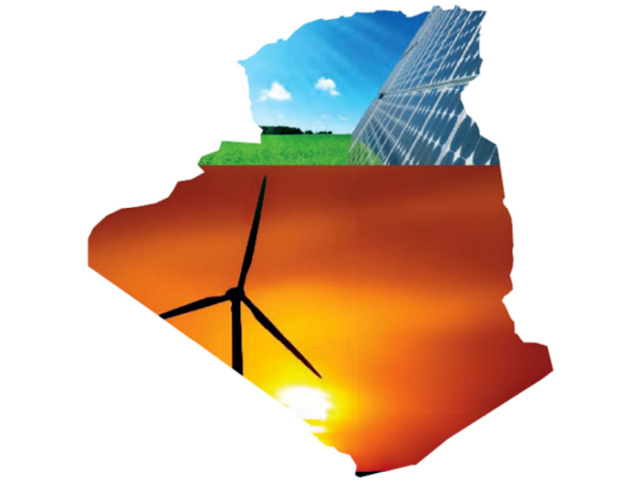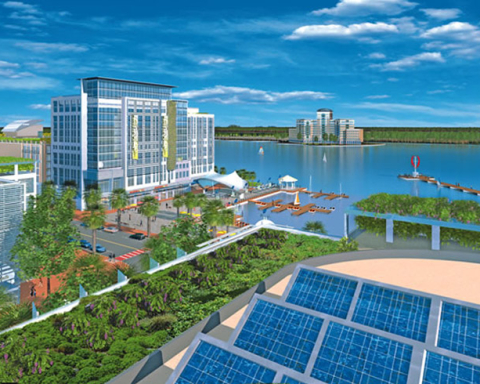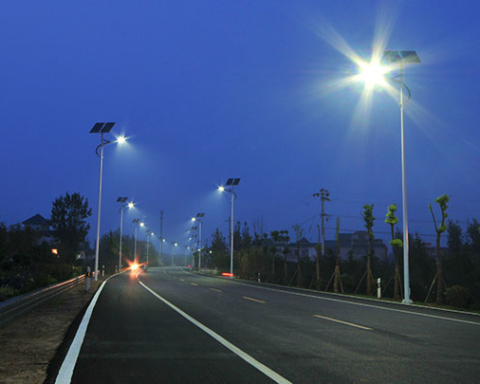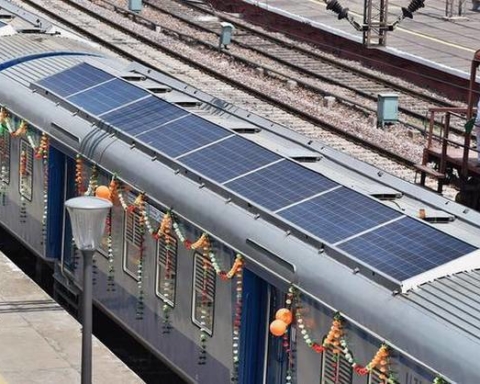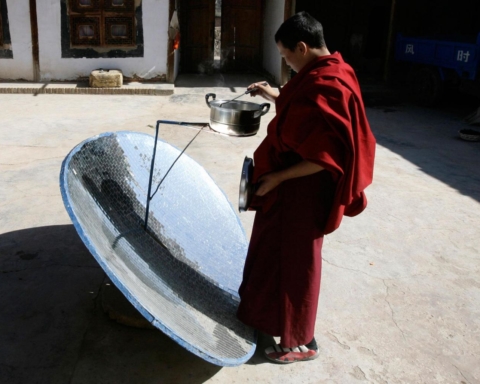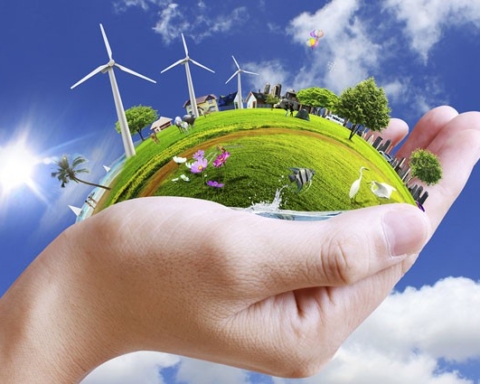The Algerian government has decided to abandon shale gas and concentrate its energy policy on the development of renewables with a focus on energy efficiency.
The Algerian government abandons shale gas and gives priority to the development of renewable energies. This was made clear by the Minister of Energy, Noureddine Boutarfa, on the sidelines of a lively conference in mid-April at the ‘Ecole des Hautes Etudes Commerciales’ in Kolea (near Algiers) on the national program of renewable energies.
On the shale gas option, the minister raised an uncertainty fuelled by sometimes contradictory official statements following the demonstrations of the beginning of 2015 in In Salah (in the Sahara) where the population demanded the closure of a well of exploration drilled in June 2012 in the Ahnet Basin to evaluate the potential to verify whether Algeria really has one of the largest shale gas deposits in the world. Because the real state of the shale gas reserves is the great unknown. It is the geological data of the soils that have provided initial estimates and there are experts who think that for Algeria they have been able to be “swollen”.
Algeria geared towards an energy efficiency approach
The In Salah population asked for and, apparently, obtained a moratorium on shale gas pending evidence of their lack of harm. Hydraulic fracturing, which until now is the only technology available to produce it, is critically criticised for its impact on the environment and the large quantities of water it requires. But the decision announced by Noureddine Bouterfa to set aside shale gas relates, undoubtedly, above all from economic considerations, as highlighted by Algerian experts who had to pronounce on this subject, at high costs and uncertain profitability, under unfavourable global conditions. In fact, there is no evidence to support the shale gas option when there is no hurry to get there. “Algeria does not currently need shale gas,” the minister said. There is no urgency. Conventional hydrocarbons are not yet finished and the renewable energy program is launched.
Algeria’s energy ambitions are now linked to the realization of this program. The prospect extends to 2050, with the connection of solar photovoltaic plants installed to the south, especially those of Adrar, to the northern power stations, said the minister, who is convinced that this issue will be raised with the participation of researchers, scholars, industrialists and Algerian investors.
In the near future, by 2030, installed electricity production capacity will reach “reasonably”, according to the Minister of Energy, the 12,000 megawatts against nearly 500 megawatts currently. A call for tenders to industrial investors and energy companies for the realization of this megaproject of more than 4,000 megawatts in solar photovoltaic is to be launched soon. However, the 12,000 megawatts of renewable origin will not be sufficient. Hence the need, he recalls, to attack energy-intensive sectors such as transport and housing.
The invitation to tender is being finalised and this mega project will include an energy component consisting of power plants and another industrial component dedicated to the local manufacture of equipment and materials for these units, the Minister said. Noureddine Boutarfa, underlined that the expected benefits of the renewable energy program are important in terms of job creation, industrialization, technological development and know-how acquisition, thus contributing to the socio-economic development of the country.
“The turning point in diversification, we are committed to sustainable development. A major national plan for the development of renewable energies and energy efficiency is being implemented”.
Mr. Boutarfa also explained, during his intervention, on the various investment programs of his sector in particular in exploration and petrochemistry, specifying that the medium-term program of development of deposits, foresees a strong growth of more than 80 % compared to 2015.
The minister also underlined that the spin-offs of the renewable energy program will be important in terms of job creation, industrialization, technological development and the acquisition of know-how in this field. By way of comparison, today the Noor solar power station, which is near Ouarzazate, Morocco, is the world’s largest solar power plant. It will ultimately generate only 500 MW, compared with 4,000 MW for the Algerian project.
The link is made with the energy efficiency approach that accompanies the national program for the development of renewable energies. For the Minister of Energy, it is imperative to improve energy efficiency in order to achieve a successful energy transition and ensure the sustainability of the Algerian energy model by 2030. It is above all an urgency imposed by the energy indicators for the year 2030.



